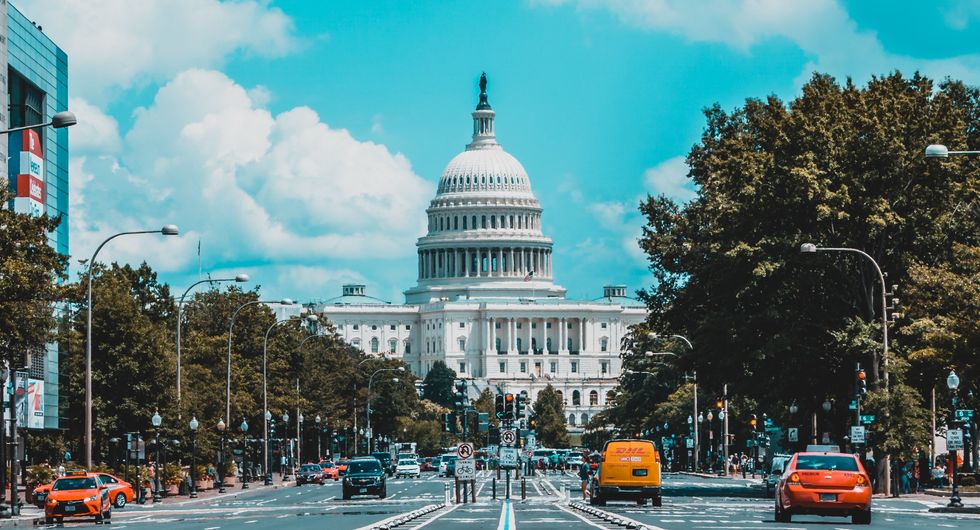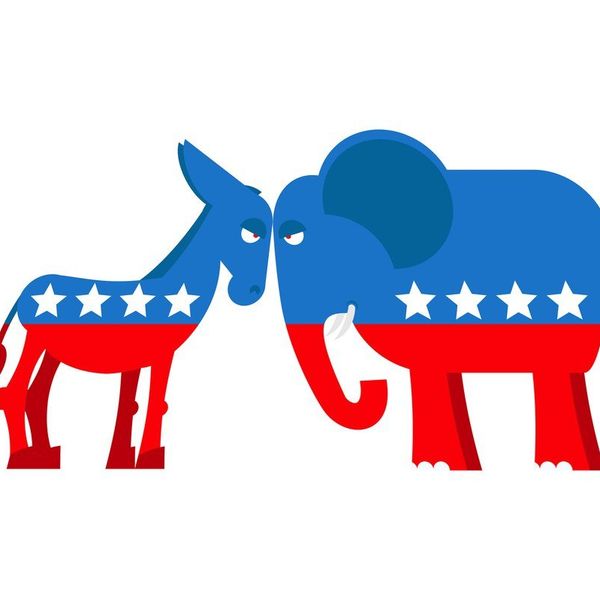In today's digital world, it's easy to get caught up in politics, especially when it is spread so quickly across social media. With terms like "fake news" and "bias" being thrown around carelessly, people are more inclined to only listen to and believe the news they want to believe.
Party polarization is on the rise and more people are choosing to ignore the side of an argument that does not easily align with their own political views. This becomes instantly oppositional and potentially dangerous when compromise is necessary to achieve a goal.
More than once I've seen people tweet about how if someone considers themselves conservative or liberal, they should not even try to talk to them as if these labels can concretely define one's views. This immediately creates a barrier between these people before knowing who that person is or why they believe in certain principles or policies. As a whole, we need to learn to listen more than we speak.
Obviously it is completely fine to have a strong opinion, especially when you're educated about the topic, but when someone shuts down a conversation simply because it does not align with their own ideas, there's a real problem. Opinions are hard to sway, but just having a conversation with another person about what you both believe in regarding the political climate can change a lot. You may not be completely on their side about everything, but being able to understand someone's viewpoint on a deeper level will hopefully allow us all to grow as individuals and as a nation.
With little real dialogue or conversation being had currently between political parties, we are widening the social gap and causing further damage to our futures. Rather than arguing over whose opinion is "better", per se, why not ask why they have those beliefs. Try to understand the world through their lens and take into account unique perspectives while remaining respectful during the conversation. Learning how to empathize with other people's situations in life can make a huge impact, especially when considering the adversity they may have faced.
Although millennials and generation z are considered the most open and forward-thinking generation, we have to also recognize that we can't understand what it's like to walk in someone else's shoes, but we can at least try. We must be willing to utilize our empathy along with knowledge to educate, not belittle those who simply may not understand. We must also be willing to admit when we ourselves are lacking facts, and hope that the same empathy is returned to us by our peers.
There are plenty of topics regarding politics that I feel very strongly about and can rightfully hold my own during a debate, and there are many more that I can't form a reliable opinion on as I just don't know enough about them. Admitting that you don't know where you stand regarding public policy is an honorable act that allows you an opportunity to learn more from your peers so that you can eventually formulate an informed and factual opinion yourself.
If our generation takes this opportunity to make a conscious effort to openly and honestly listen before passing judgement, we can teach both past and future generations how to become the best part of any open-minded and respectful society around the globe.

















